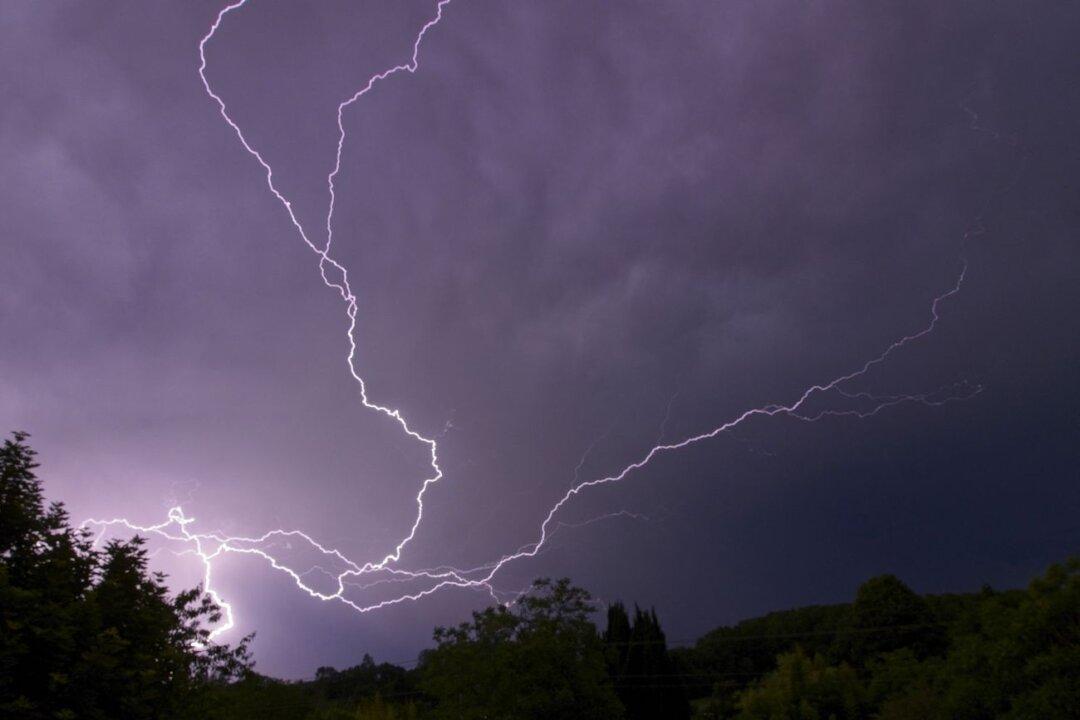Scientists have found a way to potentially prevent lightning strikes from damaging infrastructure or causing injuries and deaths, according to a report published Monday.
During a storm in the Swiss Alps, a group of researchers successfully guided bolts of lightning to the ground using laser technology, according to a paper published in the journal Nature Photonics.




